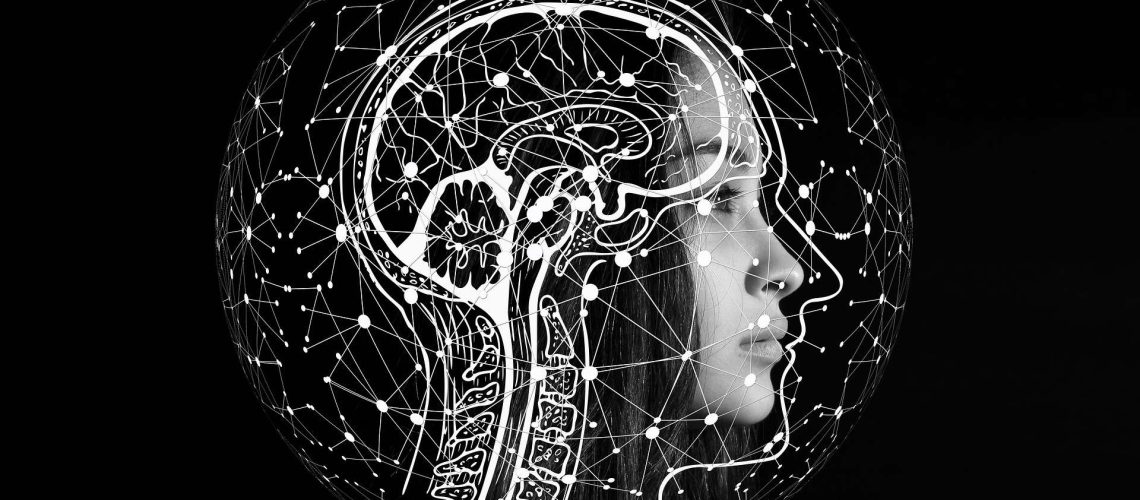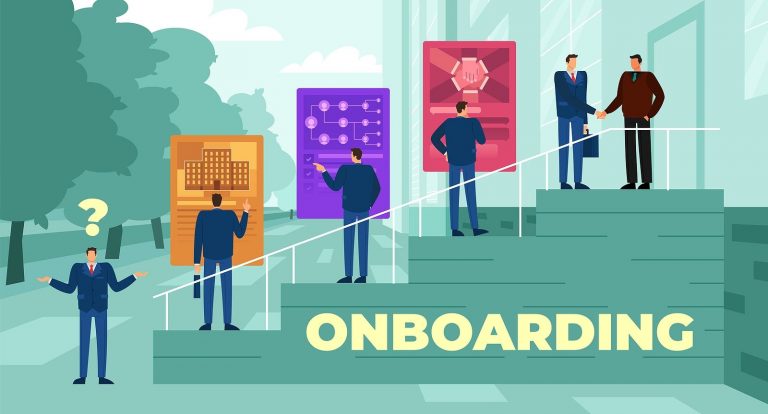How AI and intelligent communications can benefit HR.
HR and communication leaders have faced challenges over the years with fragmented and incomplete data from existing HR software or other tools, hindering their ability to communicate effectively with employees. Artificial intelligence (AI) is revolutionizing the HR landscape by automating repetitive tasks, improving workforce analytics and offering personalized employee support.
AI-powered chatbots and machine learning (ML) algorithms can streamline recruitment, onboarding, and performance management, enabling HR professionals to focus on strategic decision-making and building a thriving work environment. AI can also enhance existing HR information systems and people analytics data with real-time content engagement data, offering a more comprehensive and contextualized view of each employee.
The onset of generative AI also has the ability to empower HR communicators to deliver personalized, relevant, and engaging experiences that elevate the employee experience through content creation efficiency and the delivery of hyper-personalized employee communications aligned in topic and tone to an employee’s needs.
Improved content quality
Intelligent communications enhanced with generative AI empowers HR communicators to improve content quality and relevance in employee HR communications. It helps communicators generate high-quality text, impactful subject lines, relevant visuals, concise summaries, and customizable templates.
This technology can also analyze employee attributes to recommend the best tone and style, ensuring personalized approaches. HR software solutions equipped with generative AI streamline content creation, saving time and effort while maintaining consistency. By leveraging generative AI, HR departments can deliver more engaging, personalized, and effective communications, ultimately improving employee engagement and satisfaction.
For example, at World’s Finest Chocolate, the leadership team was searching for a two-way employee communications platform that would help them address the unique challenges of their dispersed workforce. The company decided to create an app using intelligent communication to provide continuous engagement from the company and among employees. Planned content – a snappy mix of text, videos and photos – is spread out through the week, including employee-generated announcements, personal stories, comments and suggestions that keep participation high all year.
Personalized employee engagement
A recent Gallup study found that nearly 85% of employees globally are not engaged or are actively disengaged at work. That’s partly because companies make the mistake of only occasionally putting in the effort to make employees feel engaged and because leadership has not implemented smart HR communication strategies in the first place.
To engage these employees effectively, internal communications need to reach them on their terms. Frontline workers and contract employees have unique concerns, stresses, and factors that keep them motivated to perform at high levels. Also, internal communicators cannot rely on standard or legacy methods of reaching freelance, frontline, and gig-economy workers and expect ideal results.
For example, Southern Company found that, with 60% of their employees working in the field, receiving content through email and the intranet wasn’t working for many team members. Since implementing their own intelligent communication platform, called FUEL, the company has seen employee engagement increase by 45% by delivering the right content in the right place at the right time.
AI can help HR communicators better analyze employee behaviour data and predict the best message or journey along with format, channel, time and tone for the highest level of engagement personalized for the employee.
Gain insights faster and easier
A lack of confidence in measuring HR communications and a lack of data savviness can have negative consequences for companies. Real-time analytics can often serve as an early warning for employee dissatisfaction, burnout, or a need for change in the business. Continuously updated delivery and engagement results ensure the next message is personalized and meaningful.
AI can help companies gain data-driven insights faster and easier to see how campaigns are doing in relation to employee segments and can recognize trends and engagement patterns so HR communicators can take action where their attention is needed the most.
For example, Phillips 66, a diversified energy manufacturing and logistics company headquartered in Houston, Texas, launched MyRoute, its intelligent communication platform to reach its 12,000-strong workforce in a more targeted, personalized way. But, the data showed, there was still more work to do to ensure each employee received company communications at a time they were most likely to be engaged.
The company made a change in strategy – rather than blasting a message to every employee at the same time, they utilized AI to send notifications to each user based on a personalized formula that factors in their preferred format, as well as the time of the day or week they are most engaged. The company saw engagement rates double once they made this change.
Provide faster answers
For an organization to run well and efficiently, communications must be well-organized, clutter-free and truthful. Today, truth and trust in internal communications are critical to helping employees cut through the clutter and feel confident about their daily effort, which builds employee engagement.
HR teams can use AI and Generative AI to help offer faster answers to employees by creating digital assistants that use natural language prompts. These assistants can provide real-time answers across multiple systems, including information from procedures and policies to company news and resources to pay and PTO balances.
AI technology goes beyond traditional keyword matching, diving deep into the meaning and context of each query to deliver personalized access to what employees need when they need it.
Looking toward the future
The integration of AI and intelligent communications revolutionizes HR practices, enabling HR professionals to deliver personalized, efficient, and impactful communications. By embracing these technologies, HR professionals can create a thriving work environment that fosters employee satisfaction, productivity, and success.
With AI and intelligent communications, HR is poised to shape the future of work by delivering personalized and impactful experiences that drive organizational growth.
Sabra Sciolaro is the Chief People Officer at Firstup based in Kansas City, Missouri, US.

























